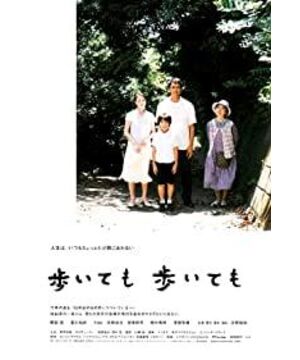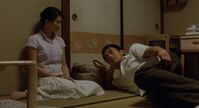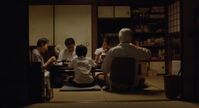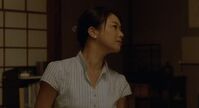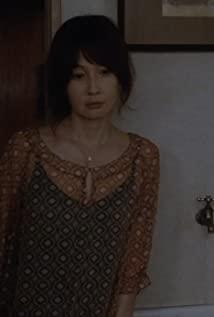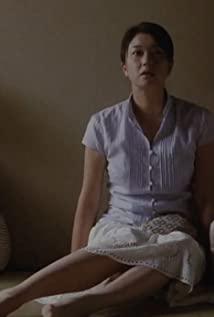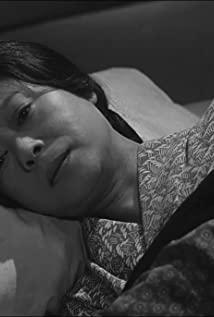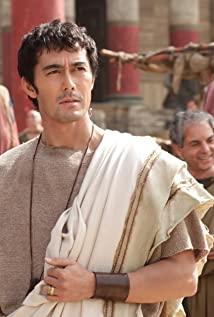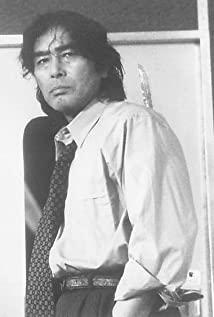There are many interesting things in the cheap supermarket on the second floor of the Japantown Shopping Center in San Francisco: boiled boiled eggs into car or fish-shaped molds, exquisite double-layer lunch boxes, and small strawberry-shaped plastic pieces that stick to the bottom of the pot. , Fancy slicer, all kinds of perfume animal erasers, liquid stickers for double eyelids, hot soup salt with the aroma of flowers and plants, colorful birds, animals and paper, as well as odd-shaped small pendants and small decorations. The trivial and refined treatment of objects is also one of the characteristics of Japanese cuisine. A simple lunch requires three dishes and five bowls. Hot tea is brewed in a fine porcelain cup painted with fish patterns, sushi is lying on a generous plate with wavy cirrus clouds, and red ginger, green wasabi and white radish are carefully matched, tender and yellow. You must use a deep dish for pickles and pickles with black kelp. The soy sauce dish is a shallow rectangular dish. The miso soup and white rice must be lacquered. The udon must be hot. The pig iron small black pot, and the eel rice, it is not decent without the golden lacquered square food box. Even a narrow fan of grilled fish must be solemnly served on a large white square plate with piping and colorful glaze. The white space on the four sides makes the small piece of delicacy in the middle more precious and not sloppy.
Released in 2008, "Non-Stop", written and directed by Hiro Kazue, is a movie that talks about the trivialities of traditional Japanese family life from beginning to end. Early in the morning, the mother-in-law of Yokoyama’s family (played by Shu Xilin) and the visiting daughter Chinami (played by YOU) began to work, washing carrots, peeling white radish, peeling green beans, smashing radish, cutting mycelium, and stewing meat. There is the same. Chinami's husband and two children came back from the outside to drink iced barley tea, drinking and complimenting them, and then the children screamed and ate ice cream. There are many other sons (Abe Hiroshi) and the remarried widow Yukari (Natsukawa Yui) and Yukari's son Hoshiji took a train home to visit relatives. This day happened to be the eldest brother who died 15 years ago when he rescued a drowning child. Chunping's death day. Many families immediately joined the kitchen chorus after entering the door, peeling corn kernels and tacos. That's not enough. For this family reunion lunch, Mrs. Yokoyama also ordered a sushi pairing for about $170, and it was the highest-quality sea urchin sushi. The atmosphere in the whole kitchen is warm and noisy, and the pots and bowls are piled up, and the audience is moved. The scent of popping tacos makes you want to float into your nose through the screen.
In such a lively family, the only discordant voice is the retired doctor's father Yokoyama Kyohei (played by Yoshio Harada). The old man's temper is stinky and hard, and he has a good face. But he was stubborn, and ran out to eat as soon as he smelled the scent of tacos; even though it was untimely saying in Yuka that it would be harder to remarry with a child, he kindly gave Hoshi's pocket money and encouraged temptation to persuade. Houji, who has become a piano tuner, will become a doctor.
In fact, not only the dad of the Hengshan family, every character in the Hengshan family is extremely plump, with such or that small details that make them rough and delicate, hard and soft, making them unbearable, and also making them extremely affectionate and cute. For example, my mother is too stingy to chat with her daughter in private, and she doesn't like the widow who drags her children in, but she is willing to give her her precious kimono. She also knows that he will prepare toothbrushes and towels for his non-born grandson Houji. For example, although the daughter Chinami always persuaded one and the other like the troublemaker, she still complained about her parents' eldest brother who died eccentrically while chatting in the car with her husband when she left. And many of Abe Hiroshi’s roles are too troublesome for his mother, and his father is unreasonable and unreasonable. He still obediently puts on the cheap pajamas bought by his mother “at the train station stall” and is smug, even in unemployment. Under the circumstances, she secretly gave her mother's pocket money; but she still rarely called home and couldn't understand the deep concern hidden by the old man.
Such non-communication and minor misunderstandings between relatives are often trivial things that are not worth mentioning. At that time, they disdain to explain, and cannot mention it later, and are ashamed to admit that they are narrow-minded. A lot of dissatisfaction just passed away, a lot of small knots quietly formed, many trivial things that I wanted to talk about were eventually forgotten, unknowingly stumbling and stumbling is a lifetime. This ordinary day at the Hengshan family is actually the epitome of all life, laughter and sorrow coexist, satisfaction and regret go hand in hand. Is there a better model? Can you find a more perfect life?
When many families left, the old lady Hengshan had to shake hands with everyone and bid farewell to everyone. Everyone was embarrassed, and the old man Hengshan also thought she was inexplicable afterwards. The old lady was still wearing an apron in the kitchen. The concrete stairs clattered on her clogs clattered and slowly climbed with her waist. She said without raising her eyes, "Just leave my hands alone. Anyway, she will hold you." ."
A few years later, many families visited the graves of their parents and saw yellow butterflies flying flutteringly. The story that the cabbage butterfly that his mother told him to spend the winter turning into a yellow butterfly unknowingly told her daughter. Then a long mirror slowly rises along the canopy of a tree beside the parking lot of the cemetery. The angle of view shifts from the back of many families to the sky. The light suddenly dims, and then slowly turns bright. The sky is gray and blue, and the sky is shallow. , The azure sea, the dense roofs by the sea and the occasional green spaces, the scenery stops, and the time finally stops.
In "Non-stop", the Hengshan family ate three meals, took two steps, and talked for a day, and the number of rounds of fights between people is uncountable. In a traditional Japanese home, the backyard is colorful and exquisite with flowers and plants, the floor of the porch can be seen, the items are neatly arranged, the dishes and soups are meticulous, and the dishes and dishes are all over the table, but the tile fragments in the bathroom are still scattered on the ground. Repair. The old Hengshan old lady, who almost lives in the river without breaking the river, does not forgive the poor guy who was rescued for more than ten years because of the death of the eldest son. The father and son are even more fiercely opposed, but still the family gathers together. Eat, pick up food, drink, listen to records. The director is Hirokazu Kee's shots are steady and composed, the composition is exquisite, the color of the picture is clear and clear, and the soundtracks are gentle, delicate and timeless. Such a warm-toned story, I think, in any case, is not just to tell the small regrets of life. The quick step of life is entangled with the slow shot of life. I did not expect that the sigh that finally unraveled turned out to be an unfinished sigh. The original heartfelt nostalgia is the love that is deep and deep beneath the surface of being indifferent.
It turns out that facing the unstoppable current of time, imperfection is a sieve. Without those regrets, the memory will not last; without the problem, even the existence itself becomes unreal. In the subtle tingling time and time again, after big and small shortcomings, we finally learned in our ordinary life, that is love.
View more about Still Walking reviews


